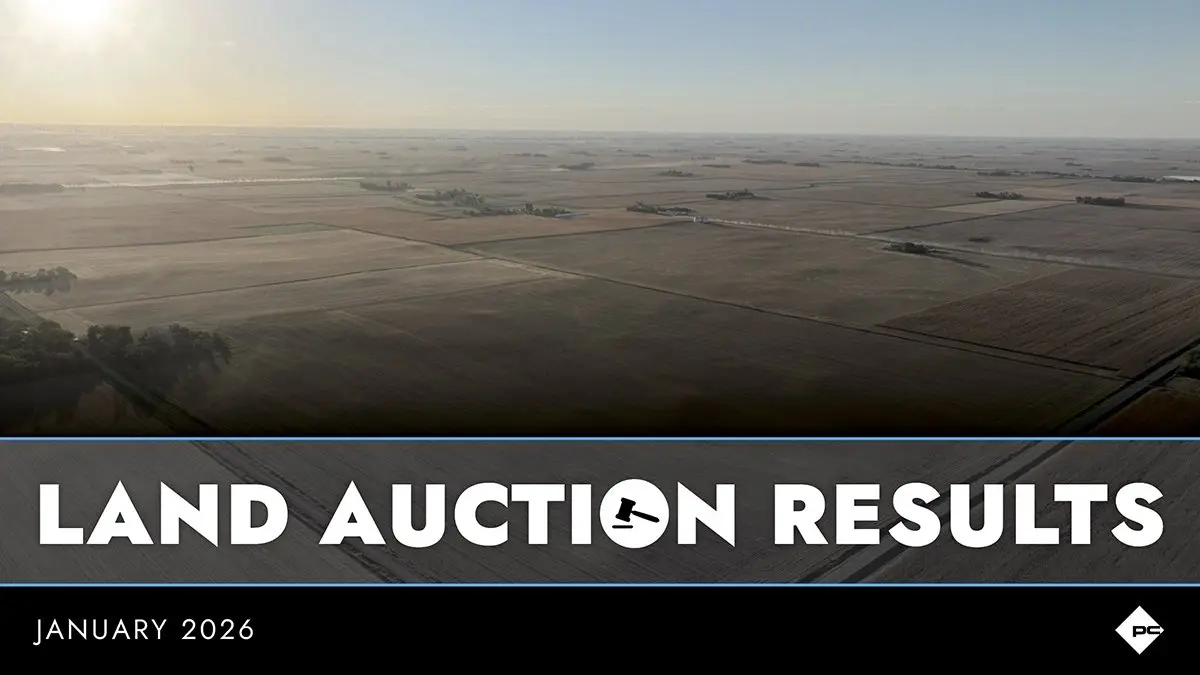AP Photo/Hannah Grabenstein
Ikea acquires 42,000 acres of forestland in East Texas
Ikea said Friday it had acquired 42,000 acres of forestland in East Texas to source wood for its furniture.
The Swedish furniture giant said the acquisition, coupled with the recent purchase of 18,000 acres in Southeast Oklahoma, nearly doubled its U.S. forestry portfolio to 125,000 acres. The retailer declined to share financial details of the transactions. Read More
Canadian PSP buys into Australian Olam almond orchards and water rights
Canada's big spending Public Sector Pension Investment Board has bought into another Australian nut orchard venture, also paying $490 million for 89,085 megalitres of high security water in the lower Murray Darling Basin.
PSP Investments, one of Canada's largest pension investment managers, has bought the water from almond grower and processor Olam International, plus 12,000 hectares of Victorian almond orchards currently leased by Olam Orchards Australia.
The orchards and associated permanent water rights will continue to be leased by Olam for 25 years as part of a new, tiered revenue sharing arrangement with PSP. The almond plantations were originally developed by Timbercorp in northern Victoria, but have been sold to PSP by Swiss-based private equity group, Schroder Adveq. Read More
Farm Finances Continue to Weaken Amid Ongoing Uncertainty
Farm credit conditions in the Federal Reserve’s Tenth District continued to deteriorate steadily in the third quarter of 2019. Despite a slight increase in the price of some agricultural commodities and additional support from government payments, farm income and loan repayment rates declined at a modest pace. According to District bankers, agricultural economic conditions in the quarter were influenced by uncertainty about crop production, agricultural trade and other factors that contributed to commodity price fluctuations. Persistent weaknesses in the sector put further pressure on farm finances and signs of modest increases in credit stress remained. Farmland values, however, remained stable, and provided ongoing support for the sector. Read More
How Farmers Can Rule the World With Technology
Nikolas Badminton is a futurist and researcher who focuses on helping clients shift from “what is” to “what if.” His clients include NASA, Google, Microsoft, Dell, United Nations, and hundreds of others.
Badminton is a keynote speaker at the Land Expo 2020 in Des Moines on January 14, where he will focus on how farmers can fuel their imaginations and creativity to create a future that’s more resilient, profitable and equitable.
Register for the Land Expo here.
Successful Farming caught up with Badminton to get a preview of his talk. Read More
Federal judge halts Arkansas law on plant-based food labeling
Enforcement of a state agricultural law alternately described as a "truth in labeling" law and a "censorship law" was banned Wednesday by a federal judge in Little Rock.
The law, Act 501 of 2019, was originally scheduled to go into effect July 24 but hasn't been enforced as a result of a lawsuit filed July 22 claiming it is unconstitutional.
U.S. District Judge Kristine Baker heard arguments in October on a request from Turtle Island Foods, doing business as The Tofurky Co., to halt enforcement of the law. The Oregon manufacturer, backed by the American Civil Liberties Union of Arkansas, the Animal Legal Defense Fund and the Good Food Institute, called the law an effort by the state's meat producers to "limit access to healthier, more sustainable food choices."
But Attorney General Leslie Rutledge's office described Act 501 as a truth-in-labeling law designed to protect consumers from being confused by meat-like terminology on packages of plant-based or cell-based food. Read More
China Expert Says Buying $40 Billion in U.S. Farm Goods Viable
China won’t have a problem buying $40 billion in U.S. farm goods a year despite growing concerns over the feasibility of the deal, an influential Chinese industry expert said.
Shanghai JC Intelligence Co., China’s most clued-in agricultural consultant and researcher, says that the Asian country could spend $18.7 billion a year on U.S. soybeans. It could also buy about $7 billion worth of other grains and related products, more than $2 billion in poultry and chicken feet, and $2.5 billion worth of nuts, JCI said. Cotton, fish and ethanol are also on the table, it said. Read More
10 Pesticides Approved for Use on Industrial Hemp
With the 2020 growing season on the horizon, the EPA announced on Thursday the approval of 10 pesticides for use on industrial hemp, the first such products cleared for hemp. The 2018 farm bill legalized cultivation of the crop and the USDA released guidelines in October that opened the gate for farmers across the nation to grow it.
Nine bio-pesticides and one conventional pesticide were approved by EPA. Most of them control insects, bacteria, fungi or nematodes. The EPA said it would process additional applications for approval as they are filed. Read More
Facing a ‘Food Desert,’ Oklahoma City Wants Dollar Stores to Sell Fresh Food
In the nine square miles that cover the 73111 ZIP Code in northeast Oklahoma City, there isn’t a single grocery store. The last one closed over the summer.
There are, however, four dollar stores in the area, where 32% of the 11,000 residents live below the poverty level—roughly three times the national average.
“That ZIP Code is one of the unhealthiest in our city,” said Oklahoma City Councilwoman Nikki Nice. “Changing that starts with access to food.”
This week, the City Council is scheduled to hold a public hearing on a plan requiring new retailers in the area to designate at least 500 feet of space to fresh food. The measure is expected to pass.
Forcing dollar stores to change is one tactic local governments around the country are using to address the lack of access to fresh fruit, vegetables and meat in “food deserts.” Cities are also trying to bring in fresh produce by creating zoning allowances or public financing to attract grocery stores. Read More







